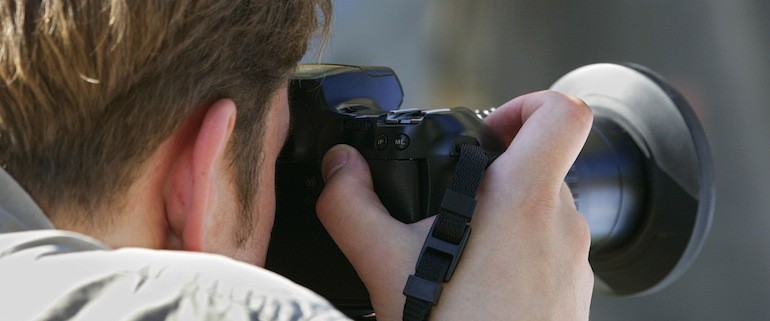 If there is one thing the movies and TV make private investigators seem like, it is that they all lead exciting lives full of mysteries to uncover, actions to be taken, and well, a lot of investigation. While this may ring true for some, the notion that their days function on adrenaline isn’t always true. For instance, private investigators, just like the next human being, are subject to the law and their prowess at leaving every stone unturned requires its respective paperwork, not to mention an awful lot of waiting.
If there is one thing the movies and TV make private investigators seem like, it is that they all lead exciting lives full of mysteries to uncover, actions to be taken, and well, a lot of investigation. While this may ring true for some, the notion that their days function on adrenaline isn’t always true. For instance, private investigators, just like the next human being, are subject to the law and their prowess at leaving every stone unturned requires its respective paperwork, not to mention an awful lot of waiting.
The point is that a private investigator’s job has its limits, and not everything they are expected to do is possible until, say, they undergo certain due processes. Listed below are five misconceptions about things that PIs can do, and the truth behind them.
1. They have access to bank account information.
Bank account information is confidential and anyone who wants access to such data is required to undergo a legal process and secure a subpoena. While it’s possible for a private investigator to identify relevant details such as which banks a person is affiliated with, they won’t be able to investigate further without a court order or permission from the account holder.
2. They have access to phone records and similar information.
Aside from bank account information, a person’s phone records is data that is also private. If private investigators wish to get hold of someone’s phone records, they would also need to secure a subpoena first, as well as the permission of the party concerned. Other nonpublic information that PIs are not privy to without first securing permission are hospital records, credit information, criminal records, and other court documents.
3. They are allowed to make legal arrests.
Private investigators are not bestowed with the power to arrest anyone, and they are also subject to the law. Unless they are located in a state or country that allows for citizen’s arrest on particular situations, PIs are not allowed to apprehend anyone. On the other hand, private investigators may file for permission to make a particular arrest.
4. They can record phone conversations without consent.
A private investigator may know how to tap phones but unless they obtain permission from the court, they are not allowed to monitor phones, much less record conversations without the concerned party knowing it. In some states, the court allows for one party’s consent to be permitted to wiretap a phone. However, there are also states where the consent of all parties involved must be secured before anyone is granted permission to monitor calls.
5. They can trespass on other people’s property.
While private investigators do a lot of surveillance on people, and at times following them around, PIs are not allowed to enter private property without legal consent. Whether it’s a house, a building, or property, private investigators have to secure permission from the authorities lest they be accused of breaking and entering.
Their job may have its own banalities, but these don’t make the job private investigators have less hard. Furthermore, their chosen occupation has its own perils and it’s important for PIs to protect themselves and their clients from danger by abiding the law as they carry out their job.




